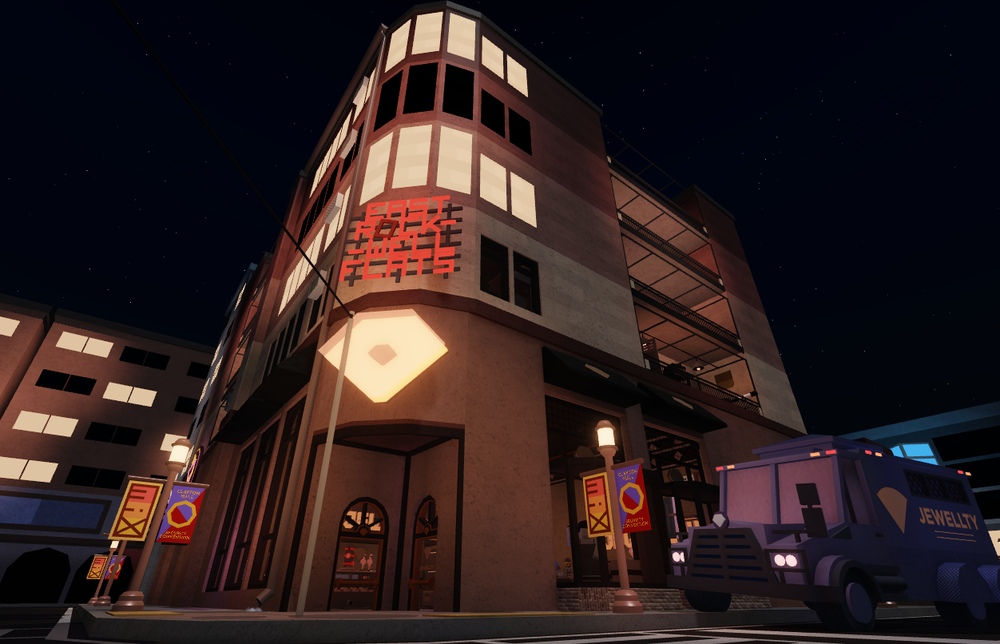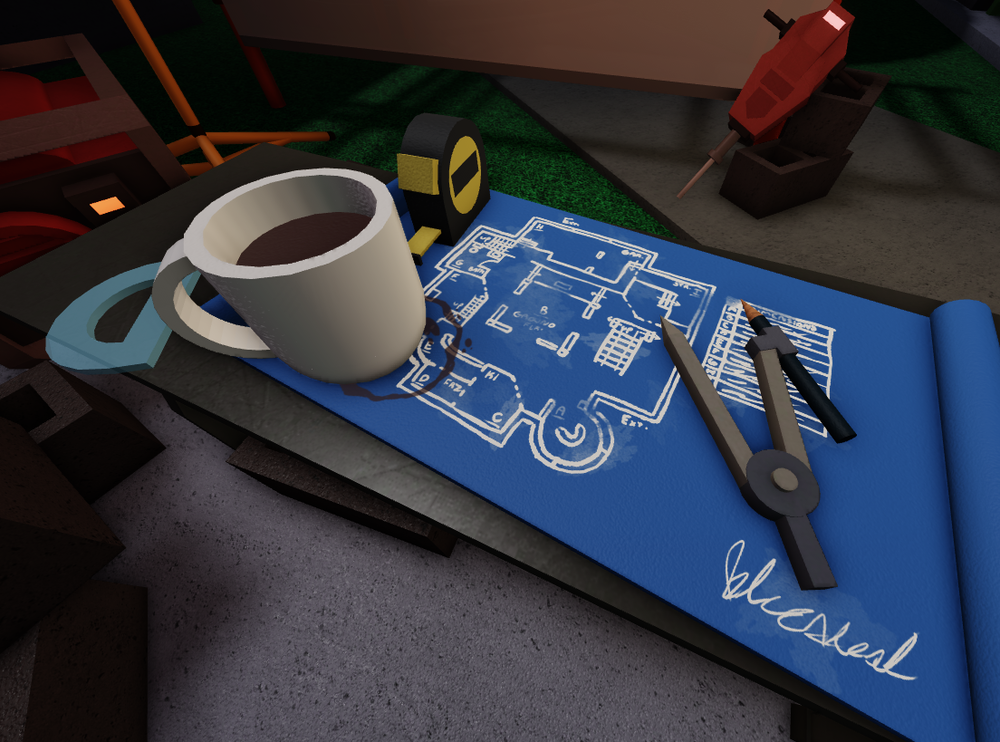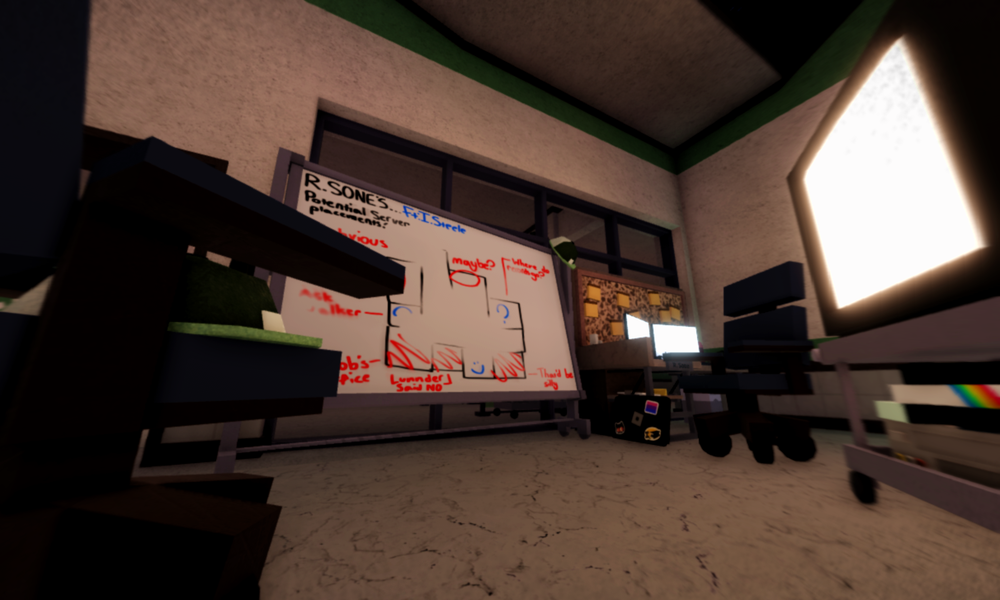In Plain Sight 3
↩In Plain Sight 3 (working title) is a successor to In Plain Sight 2, and is in active development. Focusing on expanding the horizons and being a content refresh of the second game, it’s being designed as the ultimate entry to the series, aiming to heavily iterate on the prior games’ features and designs.
Just like In Plain Sight 2 (IPS2), it is developed by Hex Interactive (represented by Farm Animal Association on Roblox), a team that I work in and lead.
Design
One of the major pain points of IPS2 is the lack of depth in critical areas of the game, and bloat in others. We want to add depth to the gameplay of specific characters, interacting with map’s items and layout, and overall progression.
We want to revise the design framework of characters to sharpen and reduce the amount of them. With this, we hope to create an experience where each individual character has a higher skill ceiling and is more meaningful to play.
For map items and layout, we’re exploring ways to add more kinds of items that players have to adapt to in new, dynamic ways for a given round. Additionally, we’re revising how we approach level design to add more map-oriented gameplay features, adding more gameplay reasons to pick one map over another when playing.
Lastly, we’re seeking to fully rethink the macro-progression of the game outside of rounds, with changes to how characters are upgraded, acquired, and learned.
Team
In Plain Sight 3 is being developed with a broad team of more than 10 people. We have groups focusing on level/map design and development, gameplay systems programming, character gameplay design, and more. We’re continuing to iterate our development pipeline and processes to improve efficiency, creative output, and automation of critical development and management tasks.
Tech
To accomplish our ambitious design goals, we needed a flexible technical basis to work off of. For this, we are leveraging an Entity Component System (ECS) approach to support structured interlocking gameplay behavior. Our philosophy is that the systems we create to handle the various extents of character gameplay shouldn’t limit what our character gameplay designers come up with.
ECS is perfect for this because it allows us to create features that behave in-context without reliance on chains of rigid singletons or class hierarchies. We estimate that our choice of ECS will save us months of development time that would otherwise be spent refactoring gameplay systems to allow more broad behavior. This is something ECS inherently supports in a powerful and flexible way.
We also plan to construct a more flexible and robust backend for the game, allowing higher quality game integration within the community outside of the game servers. We’re also looking for ways to possibly automate community contributions/modding content.
Tools:
- Rojo
- Git
- Visual Studio Code
- Luau LSP
- Zap
- Lune
- Selene
- StyLua
- Asphalt
- Wally
Languages:
- Luau


